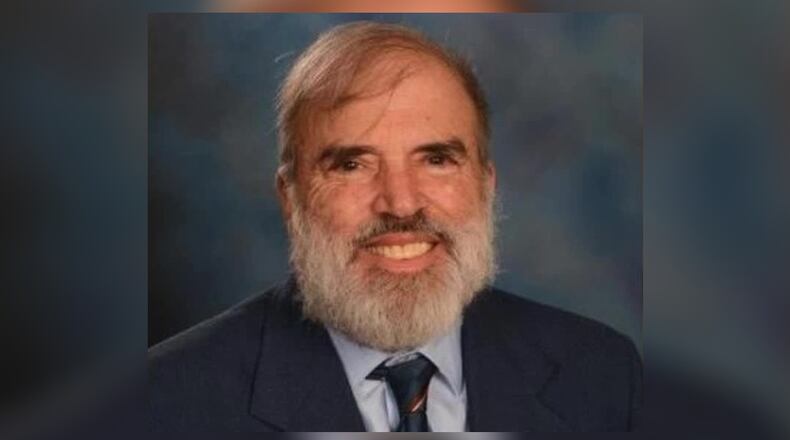While the term “critical race theory” does not appear in the bills, many of what are called “prohibited” or “divisive concepts” are part of a public campaign to attach various unpopular ideas and associations to the term “critical race theory” and politicized views of what this term, which is found mostly in law schools and graduate courses, actually means. These include such issues as racial stereotyping, racial scapegoating, whether America and its history are and have been inherently racist, and whether people today are responsible for remedying their group’s past actions.
For the legislature to wade into a debate in a heavy-handed manner — at best, to micromanage what goes on in classrooms and, at worst, to put the power of law behind one side of a divisive issue and thereby delegitimize those who may have good reason to disagree — is not how America is supposed to operate.
These unfocussed bills contain exceptions that create ambiguities as to what the actual results would be. Enacting them would encourage lawsuits, campaigns to defund school systems and agencies, and local conflicts about what can only be subjective evaluations of which side of the division the presentation is on. The result will be to discourage the objective discussion of the situation from which all sides can learn and, as importantly, learn how to deal with each other concerning them. The bills say they want to encourage objective discussions, yet their language clearly would have the effect of deterring them
Divisive concepts are very much a part of our society and can not be legislated away. At best, people can be encouraged to understand the other side to things they believe in, understand the differences and what might be done differently, and talk civilly to each other to get the best results. At worst, people are encouraged to be outraged, fight with their neighbors and attribute the worst aspects and motives to those who disagree with them. The purpose of these bills is to encourage the latter. This is particularly egregious given the times and the issues school boards and other government agencies face due to COVID. The last thing school systems and other government agencies need is to spend resources on these sorts of fights.
HB 327 is the worse bill because it is more far-reaching, applies broadly to all sorts of government activities and provides more weapons to those who feel themselves disagreed with or disrespected. Ultimately, the legislature is weighing in on issues that need to be discussed honestly in a culture where people frequently do not do so. These bills only make that worse. The legislature should reject them both.
Stanley Hirtle is a retired senior attorney for Advocates for Basic Legal Equality (ABLE) in Dayton.
About the Author
